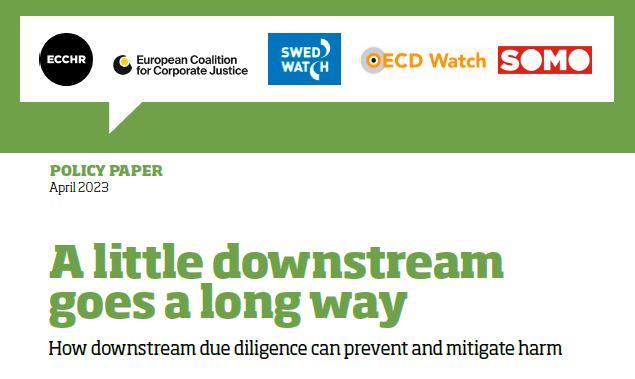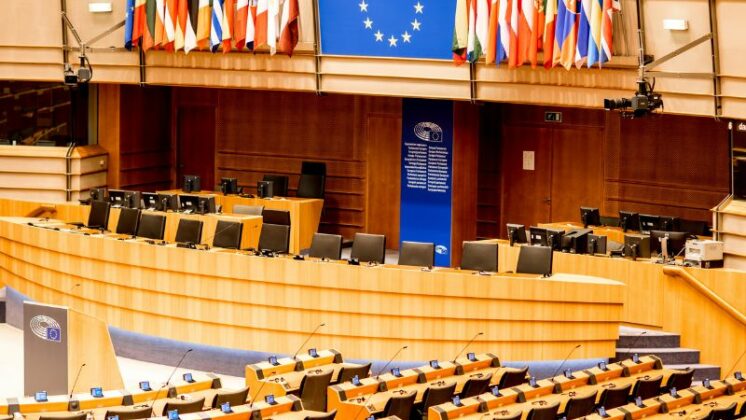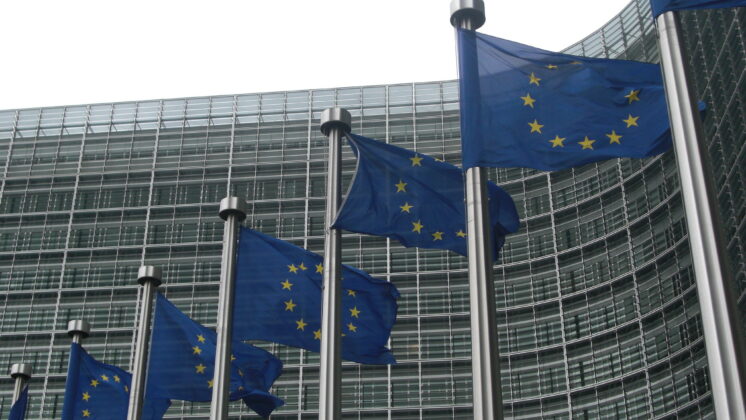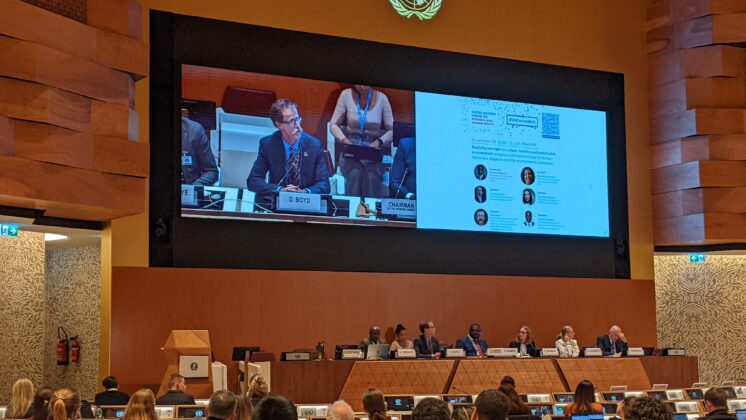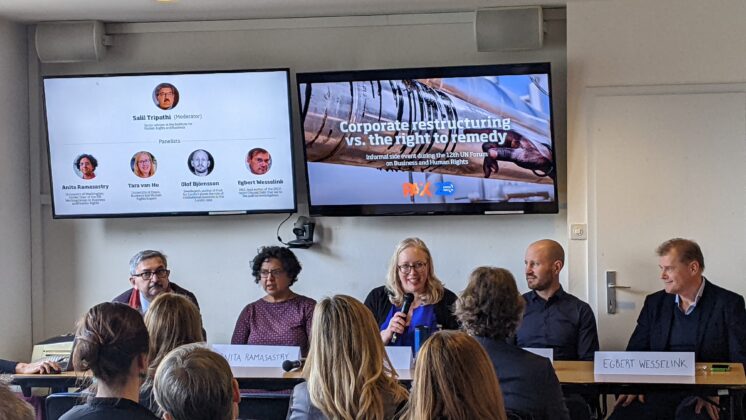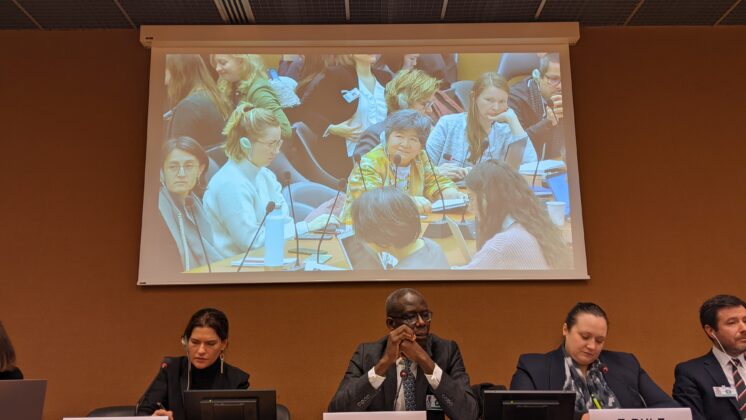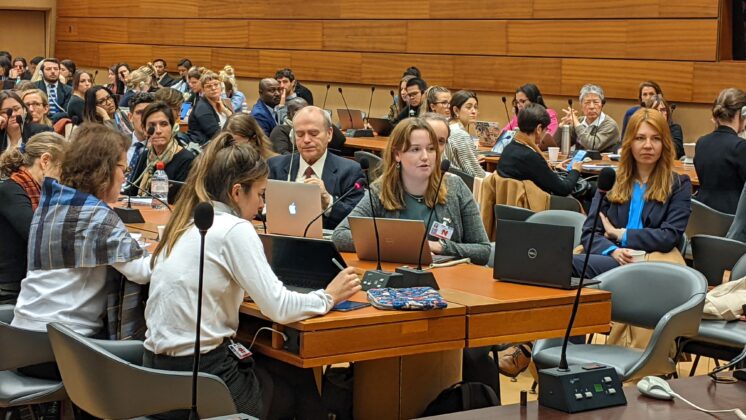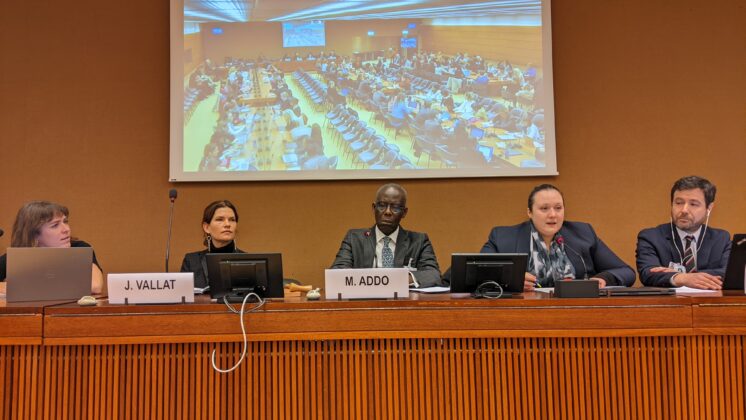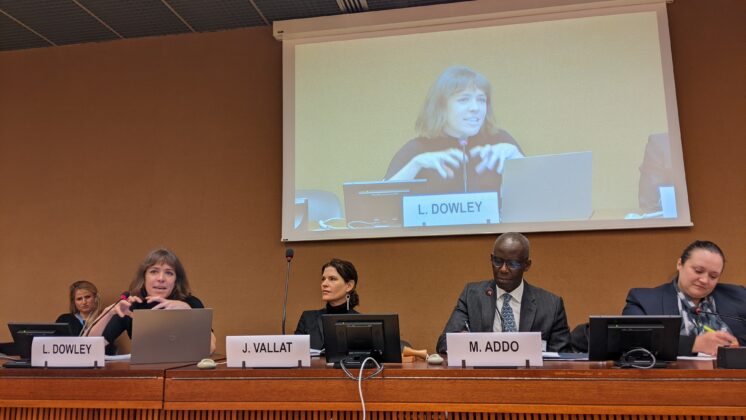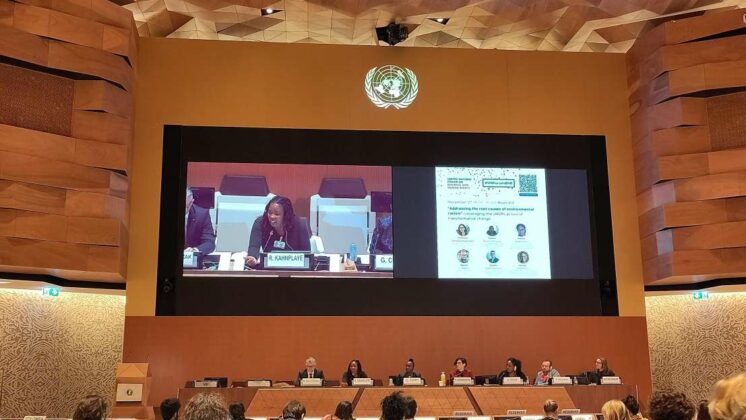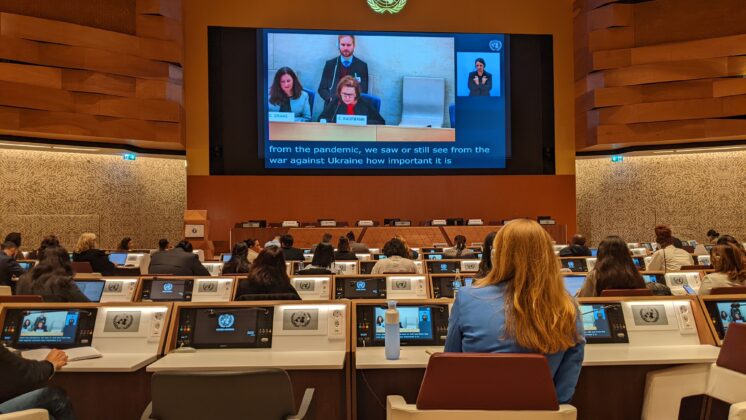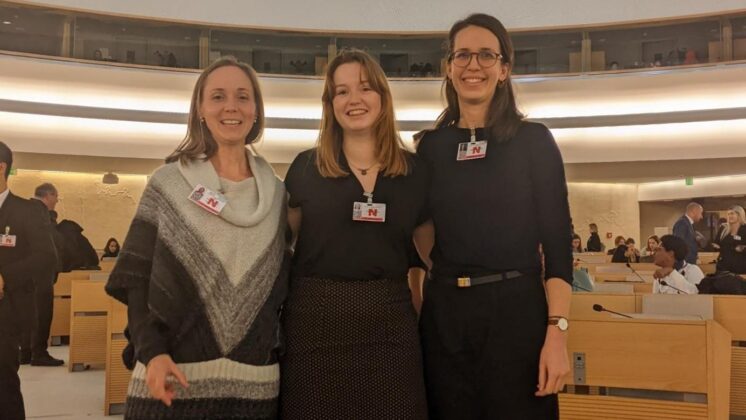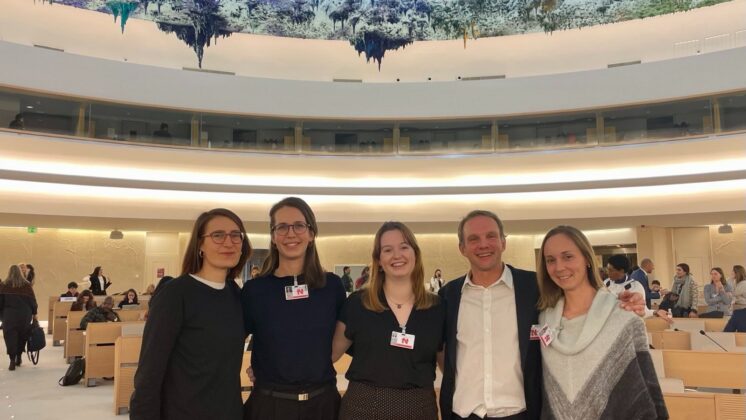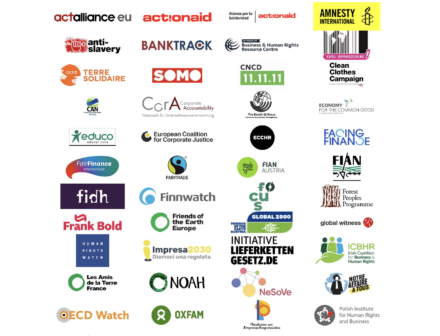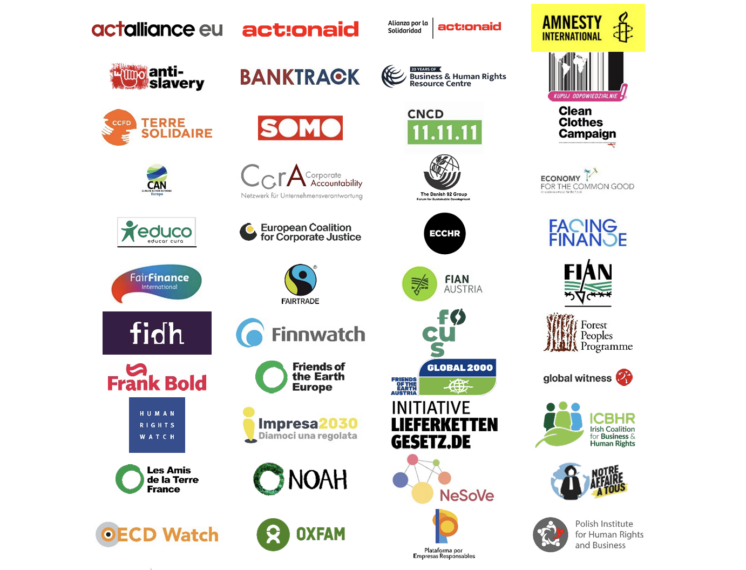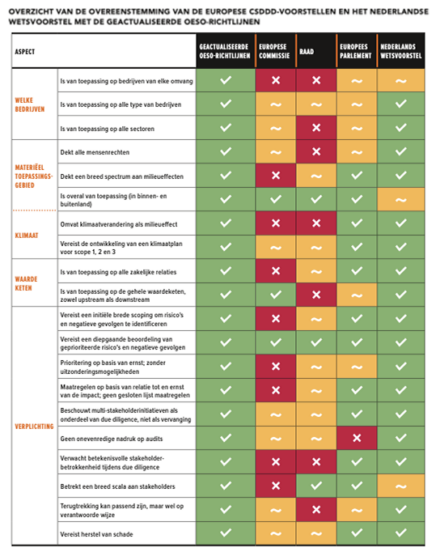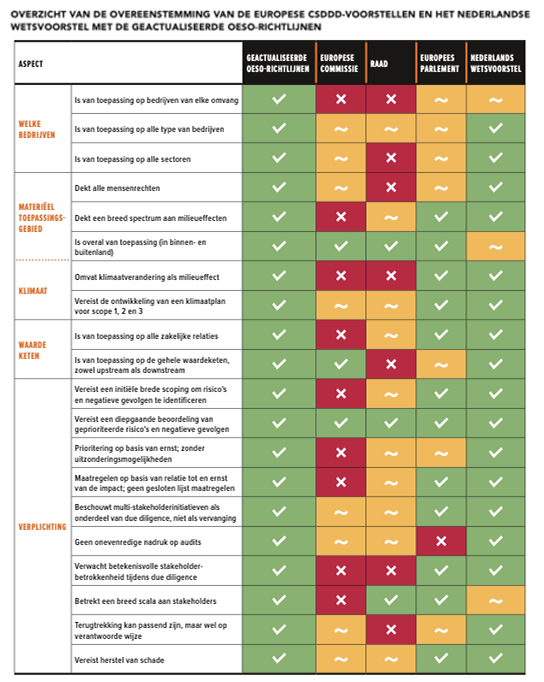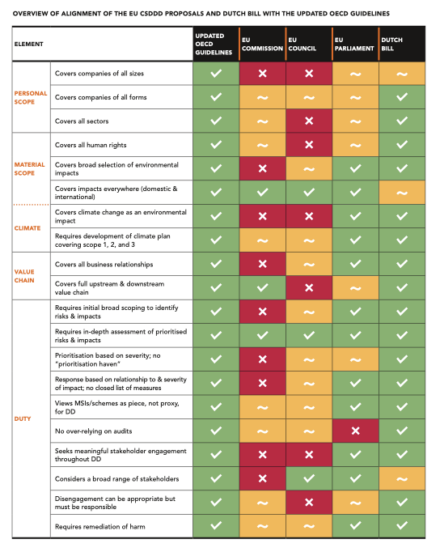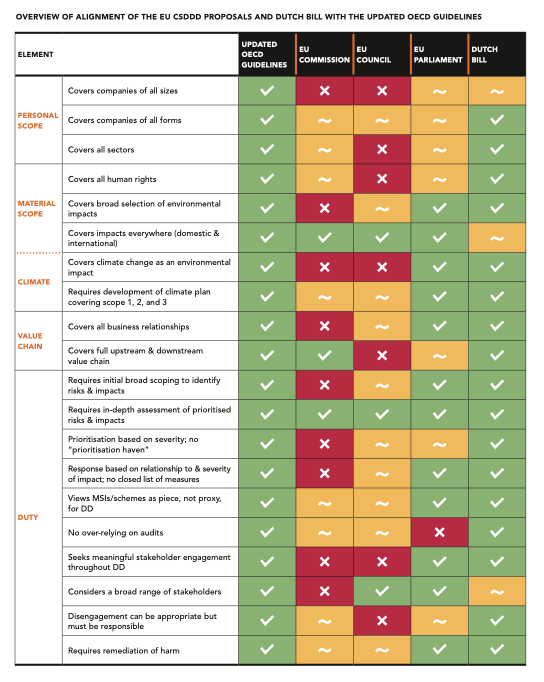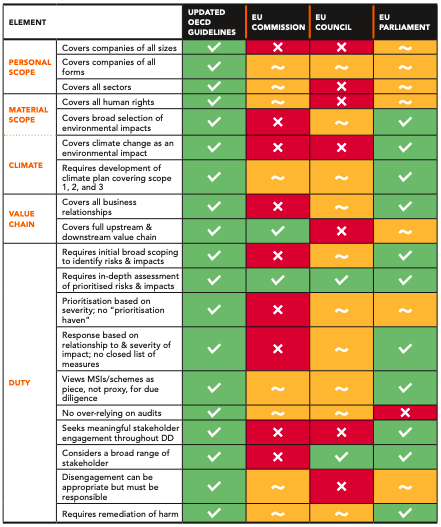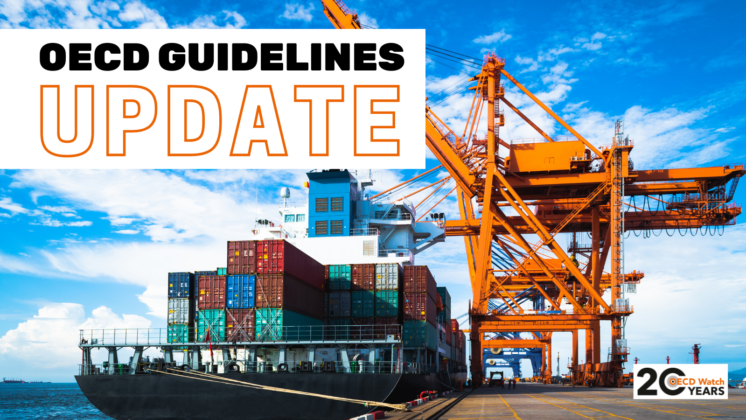How downstream due diligence can prevent and mitigate harm
Since the European Commission presented its proposal for the EU corporate sustainability due diligence directive in February 2022, debates on what should be in and out of the directive have been raging in both the European Parliament and the Council. With critical negotiations coming up, it is important to reiterate that the directive must cover businesses’ due diligence responsibilities across the entire value chain – including the end-use and disposal of company products and services – in line with the risk based approach codified in the OECD Guidelines for Multinational Enterprises and United Nations Guiding Principles (UNGPs).
With the aim to inform ongoing debates on human rights and environmental due diligence, this policy paper examines case studies through the lens of the OECD Guidelines and UNGPs. The paper zooms in on five different sectors, many of which characterized by substantial downstream human rights risks, including manufacture and export of military and mining equipment, investments in fossil fuels and the sale of products such as pesticides.
The practical steps suggested in the policy paper confirm that the same logic and due diligence steps that are relevant for preventing and mitigating human rights abuse in upstream relationships also apply to the end-use and disposal of company products and services.
OECD Watch and the other authors call on EU lawmakers to ensure that the CSDDD includes full value chain coverage, a risk-based approach, inclusion of the financial sector, and the arms and dual-use items sectors.
All companies mentioned in the briefing were provided the opportunity to review and comment on the briefing. You can download the statements below.

